The Invictus Games is a worldwide sports event for the armed forces, including those currently serving and veterans, who have been injured or fallen ill. These games, which were established by Prince Harry, have grown into a global competition for athletes.
The term 'Invictus' means 'unconquered'. The games showcase the power of sports as a tool for healing and empowerment.
In 2014, the games commenced in London, inspired by the Warrior Games. They have since been hosted in the United States, Canada, the Netherlands, Australia, and will take place in Canada in 2025.
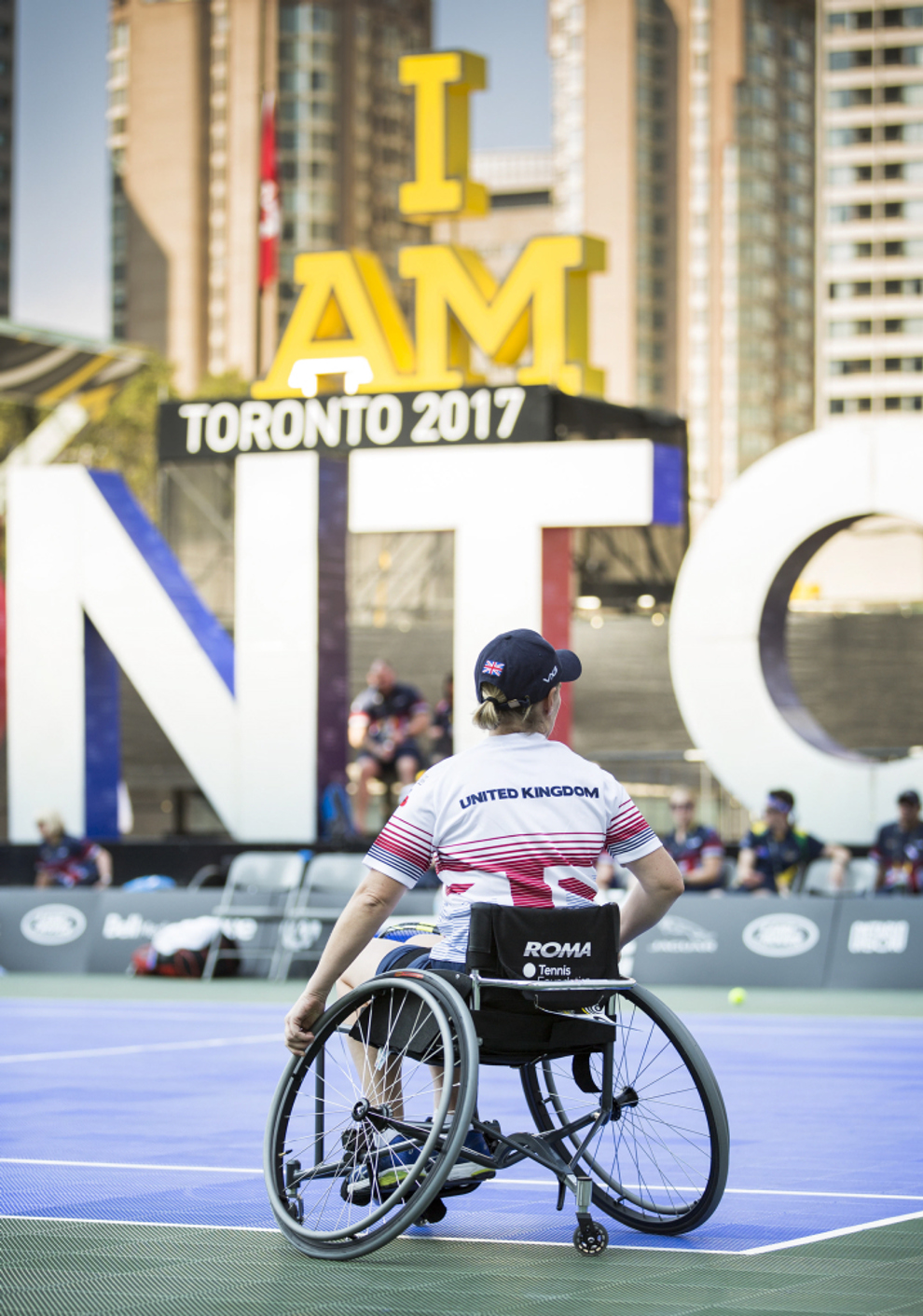
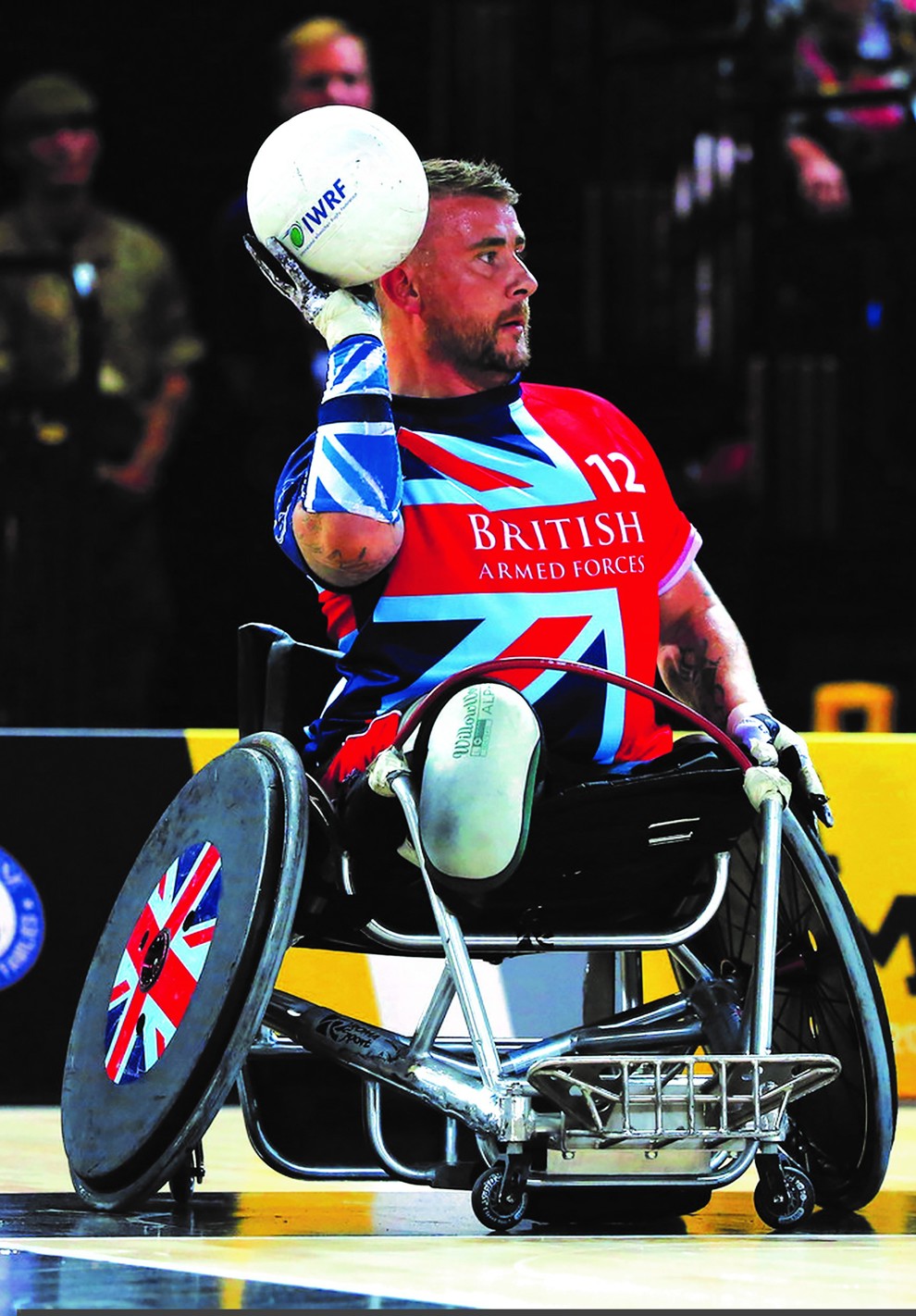
The Invictus Games: An international sporting event
The Invictus Games have a strong mission to empower wounded, injured, and sick servicemen and women. It's a global sports event where athletes from different countries come together to show their strength, determination, and strong spirit.
The Power of Sports in Inspiring Recovery
The Invictus Games effectively utilize the power of sports to inspire recovery and transformation. Participants engage in various competitive activities such as track and field, wheelchair basketball, swimming, and seated volleyball.
The Duke of Sussex had a vision. These games provide participants with renewed purpose and motivation to overcome physical and emotional challenges, aiding in their recovery and rehabilitation.
Invictus Games: Support and Rehabilitation
The Invictus Games Foundation helps wounded, injured, and sick service personnel with support and rehabilitation. Collaborating with medical professionals and organizations, the foundation creates a supportive environment that encourages healing, friendship, and a sense of belonging.
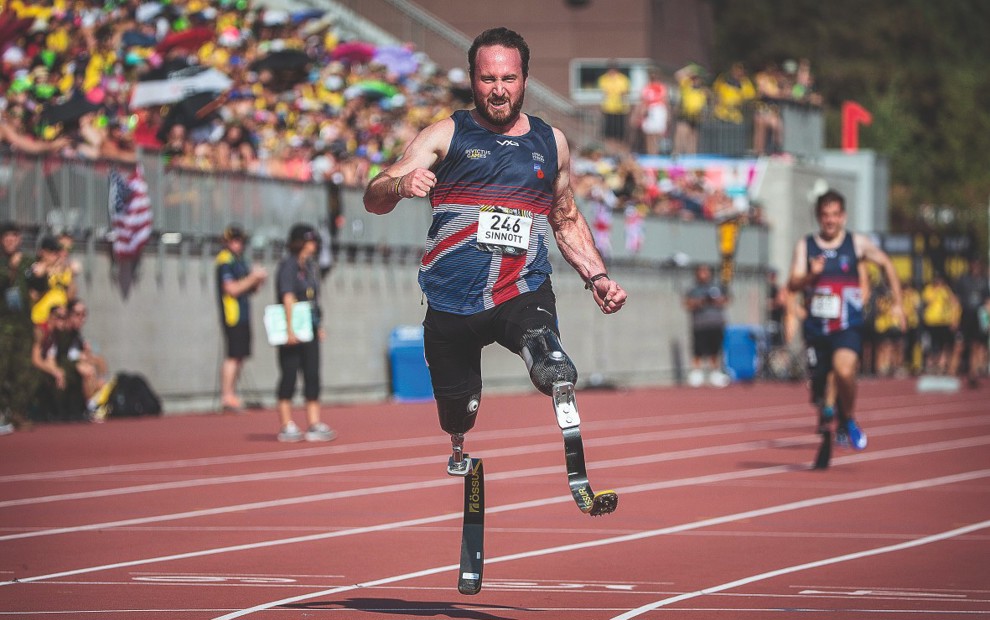
Inspiring Resilience: Stories of Triumph
Each participant in the Invictus Games has a unique story of triumph over adversity. These remarkable individuals serve as beacons of inspiration, defying the odds and showcasing the unbreakable spirit that resides within every warrior. Their journeys serve as powerful testaments to the potential for recovery and the impact of sports.
Meet the Blesma Members who've competed at the games
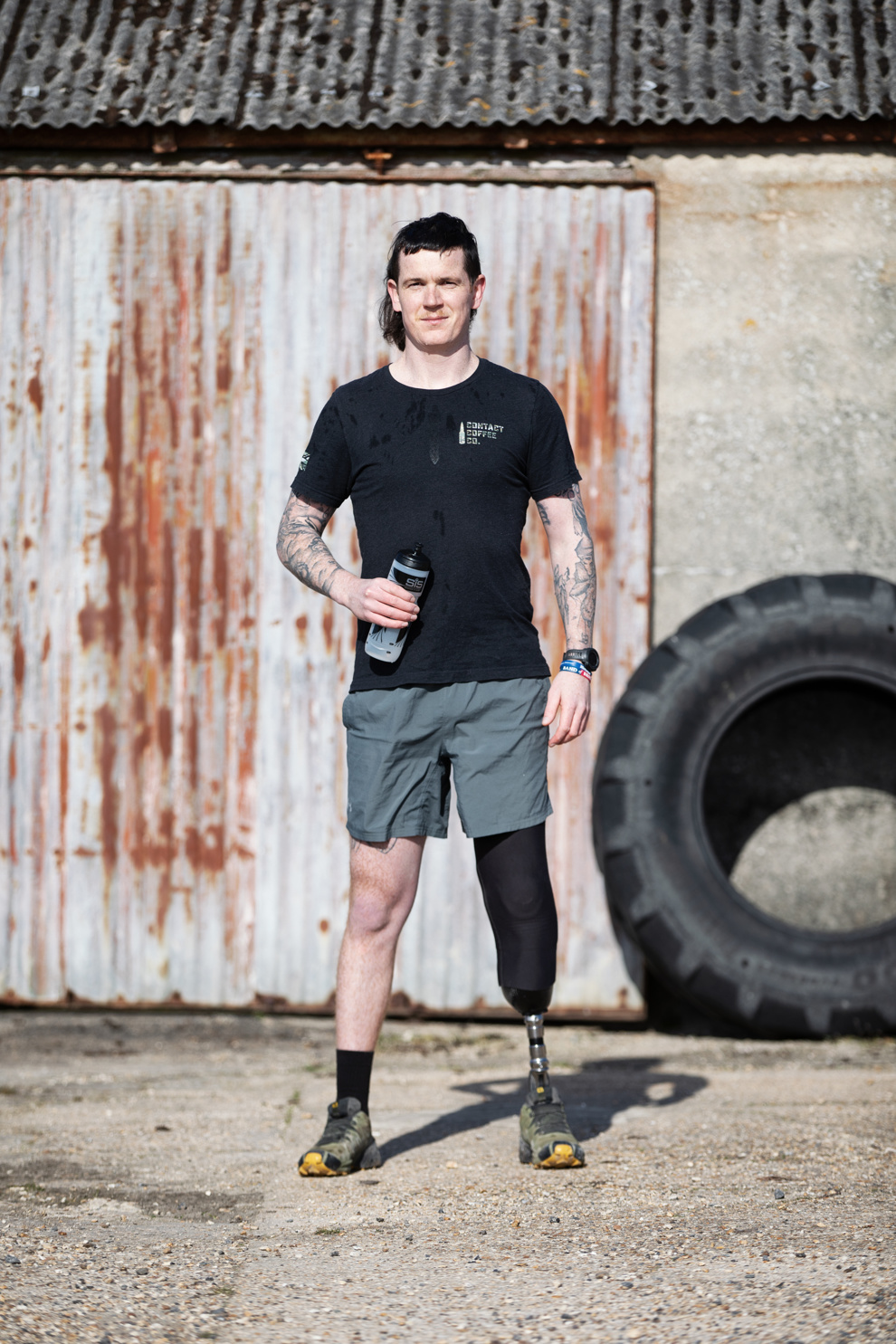
Charlie Holford received a series of incorrect diagnoses following a routine injury in 2012, and joined the Association after his left leg was amputated below the knee.
“I joined the REME as an armourer when I was 20, and I loved it,” he says. “I breezed through Basic Training, won best recruit, and wanted to go into the Commandos or Paras. But after I’d been in a year, I hurt my ankle on a run. The PTI told me to get up and carry on, and I did. I was diagnosed with shin splints so did 13 sessions a week for months to try to address them. Eventually, it turned out that I’d broken the ankle, so I had been doing the worst thing possible.”
The problem went on for years as Charlie battled to get fit. He underwent private surgery and, from 2015, “beasted himself ” in an attempt to join the Marines, but still found himself in huge amounts of pain.
“The sensation ranged from feeling as if barbed wire had been wrapped around my leg and it being on fire, to it freezing and being smashed with a hammer. The pain was a nine out of 10 every single day.” It wasn’t until 2018, when he visited a new GP after moving house, that Charlie was diagnosed with Complex Regional Pain Syndrome. Amputation eventually became his best option, and it was here that Blesma stepped in to help.
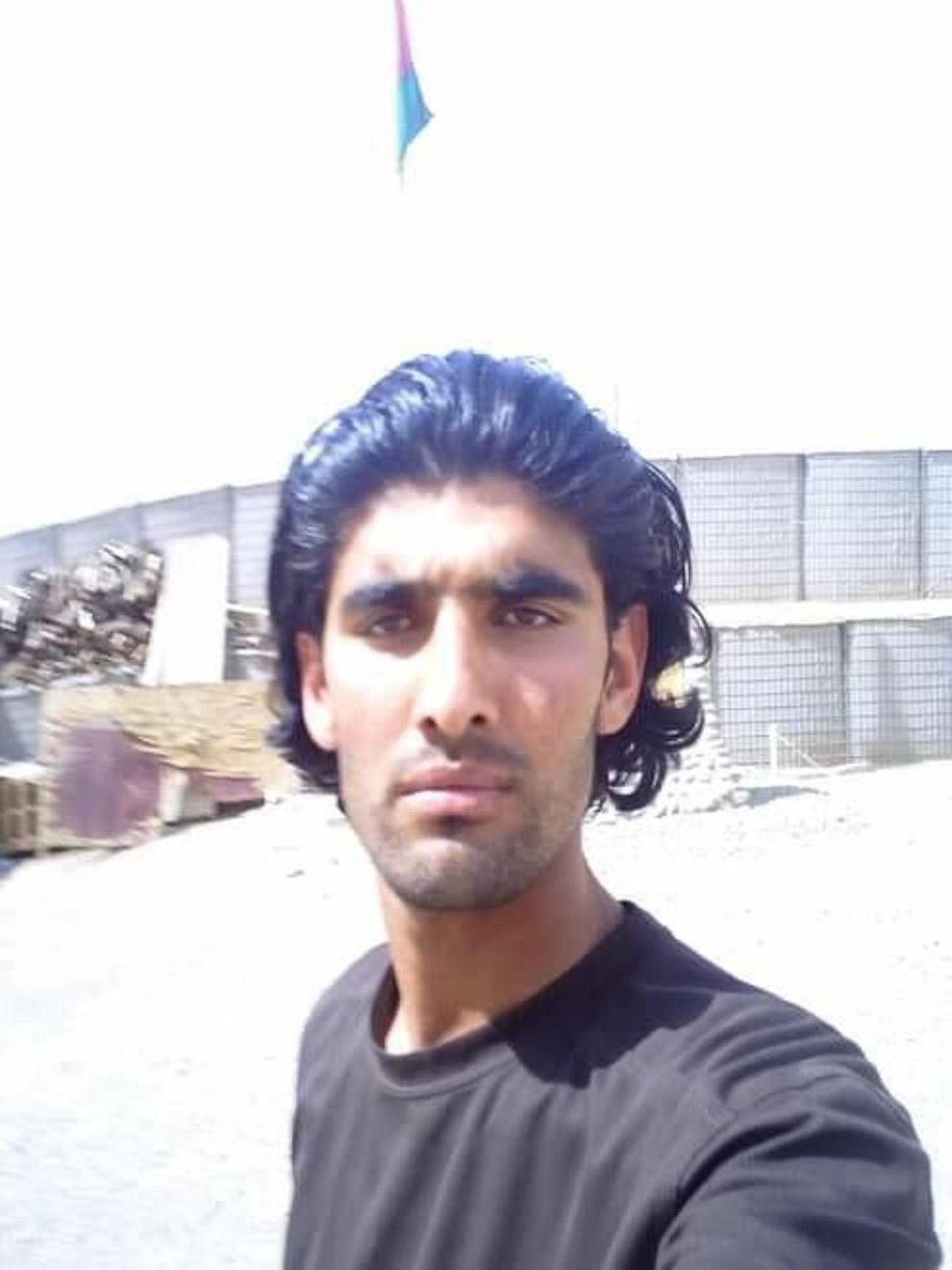
Wali Noori, was working as a translator and cultural advisor on the front line for the British Armed Forces when he was caught in an IED blast in September 2009.
“My family were starving and needed food. I had to have a job, so I went to one of the British Forces’ offices in Kabul to get a job as an interpreter,” said Wali. “When the Taliban detonated that IED, I was thrown up into the sky. I landed on my back and couldn’t see anything. I could hear bullets being fired around me, and once I was helped onto the helicopter, the world went black.”
In 2016, Wali was granted asylum through an MoD scheme and relocated to the UK. He immersed himself in his new local community in Essex and took up running.
“Before I lost my sight, I was a good runner. When I relocated to the UK, I had the chance to get back into running – the blast has taken my two eyes but has given me 100 hearts!
I have to inspire people and show people I still have energy and spirit. I haven’t surrendered to my blindness.”
We can help
We are dedicated to assisting serving and ex-Service men and women who have suffered life-changing limb loss or the use of a limb, an eye or sight. We support these men and women in their communities throughout the UK. Click the link below to find out the different kinds of support we offer.
Get Support